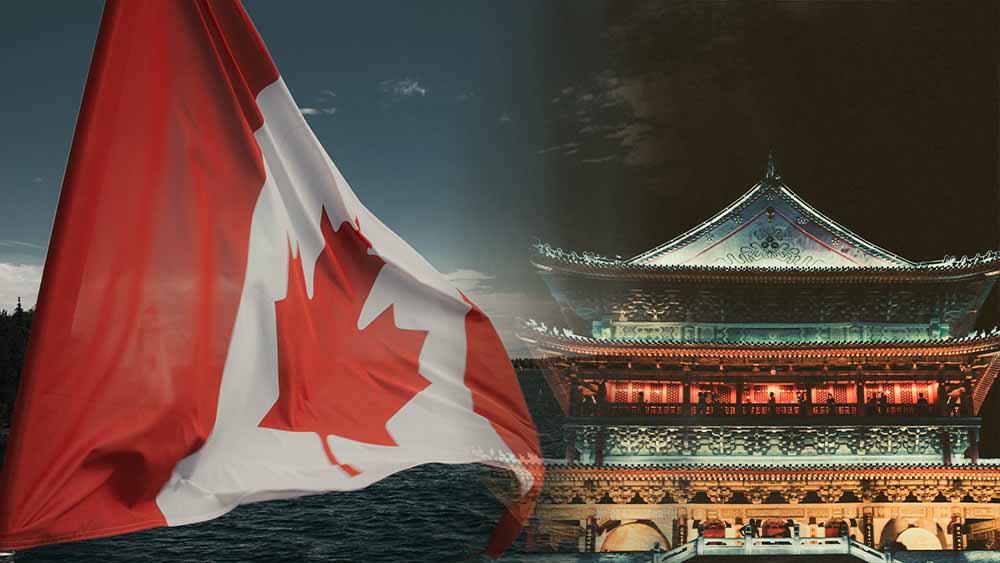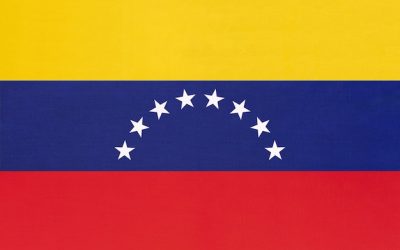For centuries, Arab states across North Africa made fortunes from piracy. Raiding the coasts of Spain and Italy, scouring the Mediterranean, and ravaging into the Atlantic as far as Iceland, Barbary corsairs captured over a million Christian prisoners for their slave pens. Some were forced to labour for the rest of their miserable lives, some were forced into harems or the sex trade, and some, the richer ones, were held for ransom. The rulers of Algiers, Tripoli, and Salé grew rich from this lucrative trade in hostages, but even better was the protection money that they extorted from European countries in return for leaving their merchant vessels alone.
The newly independent United States found that American ships could no longer rely on the protection of the British Royal Navy and were now the prey of these Barbary Coast pirates. Before too long, the ransom payments amounted to 20 percent of the national budget. In 1786, Thomas Jefferson reported what an Arab ambassador to London had said provoked these attacks on American shipping:
The ambassador answered us that it was founded on the laws of the prophet, it was written in their Qur’an, that all nations which had not acknowledged the Prophet were sinners, whom it was the right and duty of the faithful to plunder and enslave; and that every (Muslim) who was slain in this warfare was sure to go to paradise.
After enduring this treatment for decades, the Americans decided that enough was enough. Acting on the slogan “Millions for defence, not one penny for tribute,” they built a strong navy and in cooperation with the British, made war on the Barbary pirates, blasting their home ports, and putting an end to this slave-taking.
Now in the 21st century, we have a new pirate state taking prisoners and holding them for ransom. In retaliation for Canada’s arrest of Huawei executive Meng Wanzhou on an extradition warrant, China has seized two innocent Canadians—Michael Kovrig and Michael Spavor—on phoney-baloney charges and used their captivity to pressure the Canadian government. While Meng is free to loll about one of her Vancouver mansions as she awaits legal proceedings, the two Michaels have been kept in cells with the lights on all day and all night, and both have been continuously subjected to interrogation at least three times a day. Neither has had access to a lawyer. To make matters worse, the Chinese ambassador to Canada has openly threatened the safety of Canadian citizens in Hong Kong, while Canadian exports to China have been blocked on flimsy excuses. How is Canada to react?
The national motto of Scotland is Nemo me impune lacessit: “No one provokes me with impunity.” This is a phrase that should be on the lips of Ottawa officials. Canada is in no position to strike back militarily, but China must be made to pay a price, even if it hurts Canada as well. Expelling their diplomats and students, cancelling trade contracts, refusing permission to acquire Canadian assets, and making it harder for Canadians to spend money on Chinese goods or tourism will be noticed by Beijing. Our softly-softly approach has had no effect other than to embolden our antagonist. Prevent more hostage-taking. Act now.
Gerry Bowler is a Canadian historian and a senior fellow with the Frontier Centre for Public Policy.



